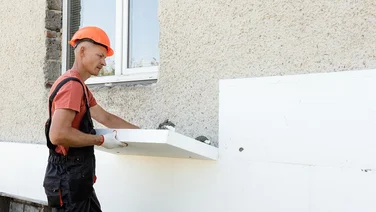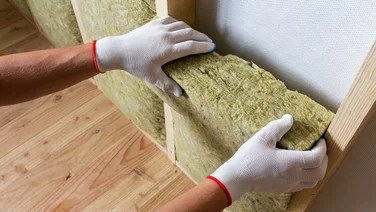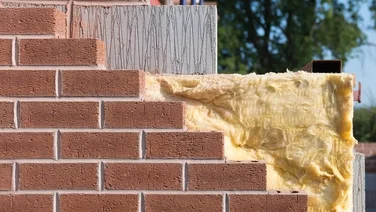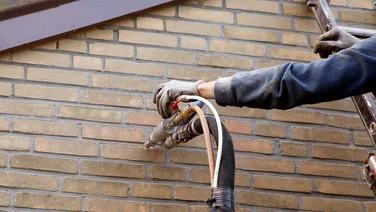We receive a small fee from trusted installers when you request a quote through our site. This helps us keep our content independent, well-researched and up to date – Learn more
Around 3 million households in England could still be in fuel poverty by 2030 because of lack of government support for meeting home energy efficiency targets, according to a new report from the charity National Energy Action (NEA).
The government has set a target for all fuel poor households in England to have a minimum Energy Performance Certificate (EPC) rating of C by 2030. A household is considered fuel poor if it spends 10% of its income on heating.
NEA found that there is a gap in funding to reach the 2030 EPC C target for England, and suggested that an additional £18 billion needs to be spent. The charity expects that £10.8 billion would need to be public funding, with the remaining £7 to £8 billion needing to come from private landlords.
The devolved nations (Scotland, Wales, and Northern Ireland) don’t have EPC targets for fuel poor housing, but NEA estimates that if they did, Scotland would need £1.6 billion in public funding, Wales would need £1 billion, and Northern Ireland would need £0.4 billion.
The best way to cut your energy bills long term is to get solar panels. If you’re wondering ‘how much are solar panels?‘ check out our dedicated costs page.
If all fuel poor households in England improved their EPC rating to C between now and 2030, NEA has projected that this would save each household £480 a year on energy bills. Reaching the target would also save the UK 8,200 tonnes of carbon dioxide emissions.

What should the UK government do to improve energy efficiency in English households?
NEA has recommended that the government make funding schemes and programmes more accessible. The charity notes that there is currently a system of “postcode lotteries” for who can receive grants for energy efficient home improvements.
One example of this is the now defunct (as of March 2025) Home Upgrade Grant, which provided funding for insulation, among other energy saving measures, but was only available in 45 out of 317 local authorities in England, leaving out many fuel poor households.
This has now largely been replaced with the Warm Homes Local Grant which offers much the same financial support.
The government also needs to up public funding for energy saving schemes from £0.5 billion a year to £2 billion a year, by NEA’s estimates, if it wants to keep low-income households from having to pay anything to upgrade their homes.
Lastly, NEA is urging the government to extend minimum energy efficiency standards in privately rented housing to EPC band C. According to NEA, two-fifths of all fuel poor households in England are private renters, and they account for 37% of the most expensive houses to heat.
Private landlords aren’t legally allowed to rent properties that have an EPC rating lower than E, but NEA argues the bar needs to be set higher. The charity is also urging the government to set up tax allowances to incentivise private landlords to improve the energy efficiency of their properties.
How can you improve your home’s EPC rating?
There are many ways to improve your home’s EPC rating. They include:
- Installing or upgrading home insulation, such as loft insulation or cavity wall insulation
- Replacing an old boiler with a new one, or switching it out for a low-carbon heating system such as a heat pump
- Putting in double glazing, which can save the average household £180 a year on energy bills according to the Energy Saving Trust
- Installing solar panels, which can add up to 15 points to your EPC rating
Interested in more on these topics? Check out Worcester-Bosch’s potential new heat pump scheme.









